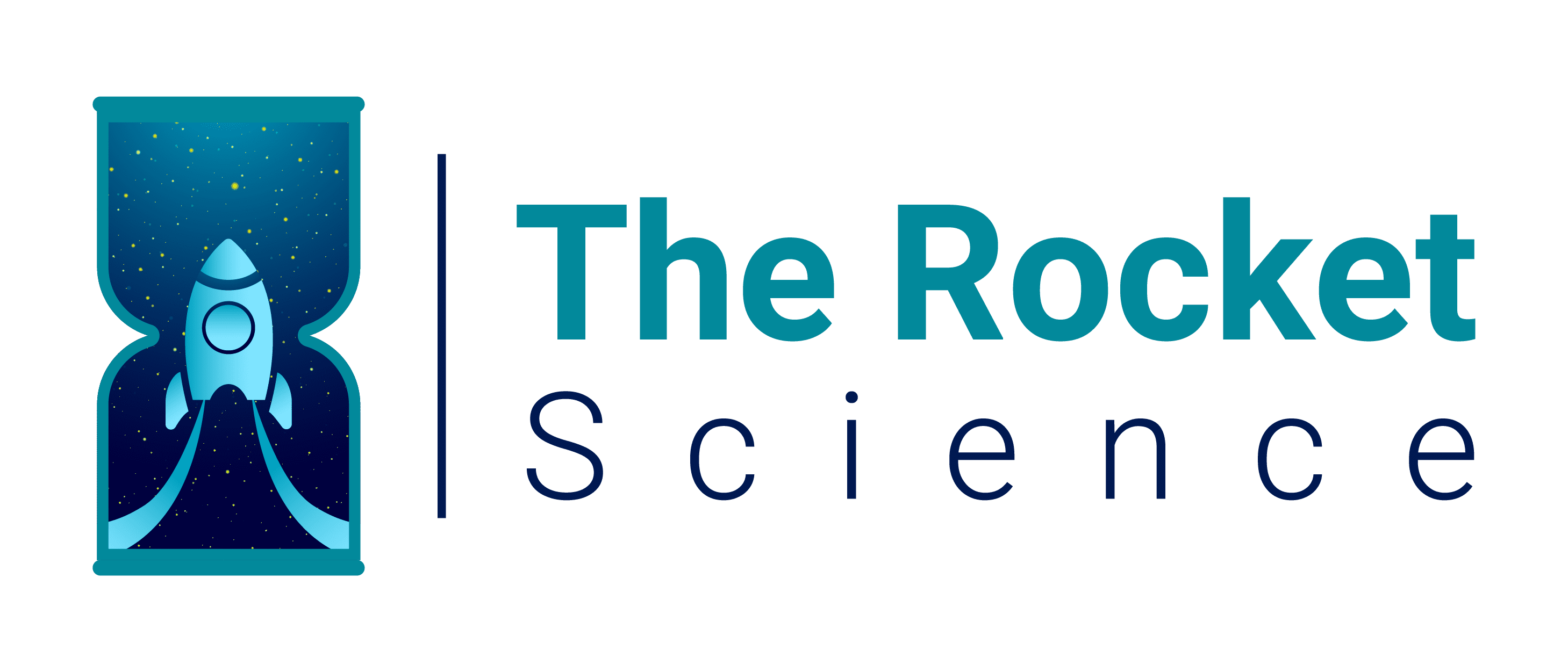Five Greatest Scientific Advances
Millions of new scientific studies are published annually, shedding light on everything from developments in stars and the ongoing consequences of climate change. So much research coming out every year; let’s look at some of the most significant advances of all time.
Artificial Intelligence

Artificial Intelligence is significant because humans can’t process as much information as computers. Artificial computers can learn to identify patterns in all this information, leading to more quick findings and enormous jumps for understanding and treating diseases, with all of the big data produced by genomics projects and electronic medical records worldwide.
Gene Editing
We have made enormous progress in our ability to modify DNA in precise form thanks to the Crispr-Cas9 system identification. Some bacteria use Crispr-Cas9 naturally as an immune system, as it can store viral DNA snippets, detect a possible future-fit virus and cut the DNA of the virus into bands. Researchers suggested that Crispr-Cas9 could be used as a powerful genetic editing tool in 2012 since it reduces DNA in ways that scientists can quickly adapt.
Internet
Perhaps our time’s most significant technological invention. The Internet has had a remarkable feat of the physics and engineering industry on its own, from bringing scientists around the world together and making it easier for them to share information and research, to supply scientific resources and papers to more people than ever before.
Medical Imaging
This is a crucial tool for doctors to diagnose and treat diseases in detail, hiding beyond the skin and bone. Medical imaging has ensured that patients are subjected to the least invasive procedures. These include radiography, MRI scans, and ultrasounds. Medical imagery shows how science and technology complement each other’s disciplines.

Antibiotics
Antibiotics revolutionized medicine, and with vaccinations, many once-common diseases, such as tuberculosis, have almost been completely eradicated. The first antibiotic substance, Penicillin G, was discovered by Sir Alexander Fleming. Antibiotics must be among the top five discoveries in the medical world due to how many people benefit every year from them.
